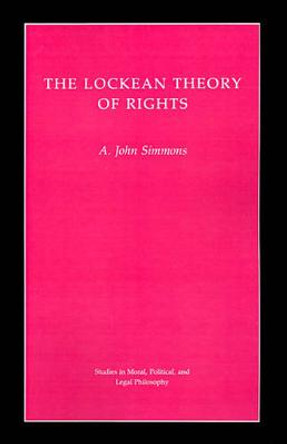Description
Canbegi critiques Islamic liberalism by comparing its philosophical and theological foundations to those of Lockean liberalism, arguing that Islam lacks the necessary depth to develop a coherent liberalism. He concludes that Islamic liberalism is merely a superficial amalgamation of Islamic and liberal ideas rather than a genuine synthesis.
About the Author
Halil Ibrahim Canbegi is dedicated political scientist and scholar specializing in comparative politics, political theology, radicalization, and terrorism. Currently based in Germany, he earned his Ph.D. in Political Science from Middle East Technical University.
Reviews
A Theory of Impossibility Based on the Lockean Tradition undertakes a challenging task: refuting the possibility of Islamic liberalism. Canbegi argues that the Islamic political tradition lacks the Lockean foundation that underpins Western liberalism. According to Canbegi, 'Islamic liberalism stands only as a juxtaposition of Islam and liberalism; it does not represent something distinct from Islam or liberalism.' This impossibility, he contends, stems from fundamental differences between the Western and Islamic traditions in their conceptions of natural law.
This book warrants attention for two main reasons. First, it boldly challenges the emerging intellectual consensus that supports the compatibility of Islam and liberalism. Second, it transcends practical legal debates by addressing the structural concepts-such as natural law-that define the relationship between these two traditions.
Book Information
ISBN 9781666966985
Author Halil Ibrahim Canbegi
Format Hardback
Page Count 230
Imprint Rowman & Littlefield Publishers
Publisher Bloomsbury Publishing Plc






